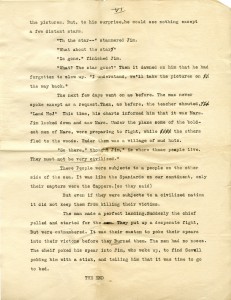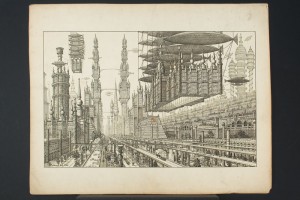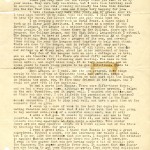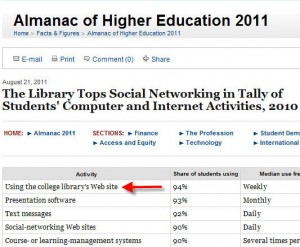The Chronicle of Higher Education has a worthwhile essay about a unique publication called The Teaching Professor. Titled “Inspiration From ‘The Teaching Professor” it sings the praises of this publication. This is how the author describes it:
What struck me as most distinctive about the newsletter was the feature that remains most valuable to me today: brief summaries of recently published articles on teaching and learning from a wide range of journals. The summaries not only evaluated the quality of the latest research but also teased out its practical implications.
The Teaching Professor is a monthly newsletter that averages about eight short articles per issue. They provide either first-hand accounts from faculty of their own teaching experiences with advice on some technique they’ve tried to improve student learning or it might be a summarization of a research article about a pedagogical technique.
The good news is that the Temple Libraries subscribes to a site license version of The Teaching Professor. That means every Temple University community member has free access to the newsletter. Click on this link to get to our group page. Keep in mind that this link will work on campus. You can then subscribe to the RSS feed to be notified when the latest issue is published. When you are off campus you will be prompted to authenticate to our network. The other great thing is that you can search the complete archive of all past issues. This is invaluable when seeking advice on a particular teaching issue, such as how to generate better class discussions, how to improve grading or how to deal with class disturbances.
You will find this essay a good source of inspiration, and it just may motivate you to become a regular reader of The Teaching Professor.






